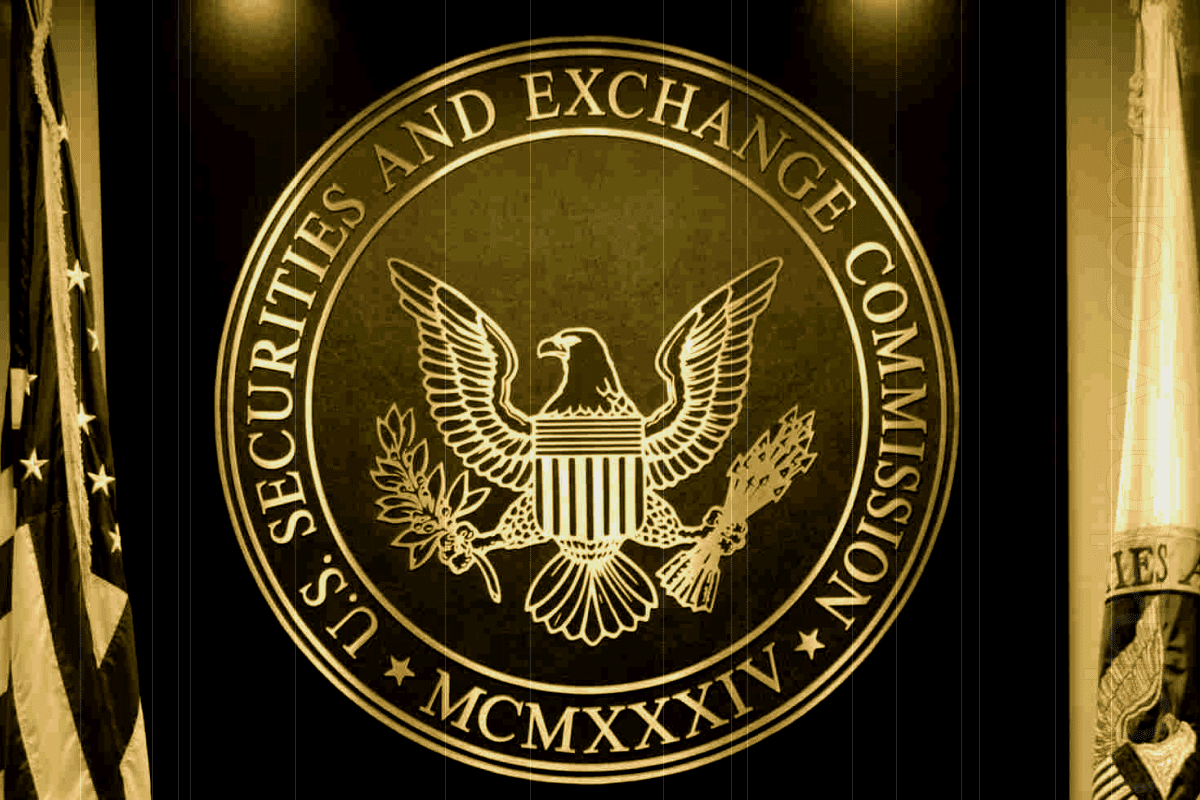
The U.S. Securities and Exchange Commission (SEC) is implementing more rigorous regulatory standards for major investors in the Treasury Markets, although certain measures appear to influence participants in decentralized finance.
On February 6, the SEC introduced two new regulations requiring key players in the market that contribute significantly to liquidity to register with the agency and affiliate with a self-regulatory body. This ensures adherence to regulatory mandates and national financial legislation.
First put forward in March 2022 with the aim of enhancing the security of the Treasury market, these regulations also address issues related to cryptocurrency asset securities. Decentralized finance (DeFi) investors engaging in liquidity provision of more than $50 million to automated market makers, such as Uniswap, will come under the oversight of the SEC should this law be applied.
The decision to implement these rules was made by a vote of 3-2, with Commissioners Hester Peirce and Mark Uyeda opposing the measure, while Commissioners Gary Gensler, Caroline Crenshaw, and Jaime Lizarraga were in favor.
The regulations are directed at proprietary trading firms, private funds, and similar entities that profit from purchasing at lower prices and selling at higher prices in the Treasury market. However, they also introduce further regulatory ambiguity in other areas, including the realm of cryptocurrency asset securities, according to SEC Commissioner Mark Uyeda.
Criticism from crypto advocates, including the Blockchain Association and the DeFi Education Fund, emerged when the rules were initially proposed. Miller Whitehouse Levine, CEO of the DeFi Education Fund, criticized the broadening definition of a market dealer as excessively vague and failing to address several issues related to DeFi protocols.
Commissioner Peirce raised concerns regarding the practicality of an automated market maker (AMM), which is fundamentally software, registering with the SEC, and questioned the breadth of the new rules’ impact. Haoxiang Zhu, the SEC’s Director for the Division of Trading and Markets, clarified that the focus is on individuals utilizing decentralized software, not the software itself.
Zhu also mentioned the challenge of identifying the participants due to the lack of information and widespread non-compliance among DeFi entities.
Commissioner Peirce highlighted the compliance difficulties faced by these entities, attributing it to their inability to understand the SEC’s regulations and to determine when something is considered a security.







